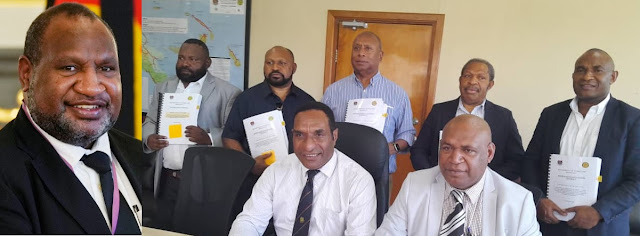PNG, VERY RICH YET STILL A VERY VERY POOR COUNTRY

by GARY MONDULAME Papua New Guinea (PNG), a nation blessed with abundant natural resources, continues to grapple with economic challenges that belie its potential wealth. The nation's economic narrative is a paradox—rich in resources yet burdened by poverty. The explanation for this paradox lies not only in economic mismanagement but also in deep-seated corruption that has permeated the political landscape since independence in 1975. Following its independence from Australia, PNG was entrusted to leaders who lacked a vision for a holistic national development. This absence of foresight is evident from the lack of long-term development plans that could have distributed the country’s wealth fairly across all regions and communities. Successive governments failed to establish foundational strategies such as building satellite townships or creating robust rural housing schemes. Instead, they resorted to short-term, reactive measures that did not foster sustainable growth. The nascent l





